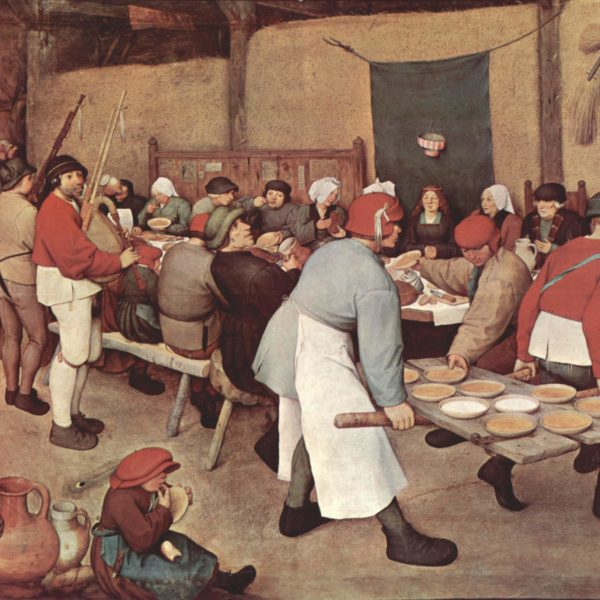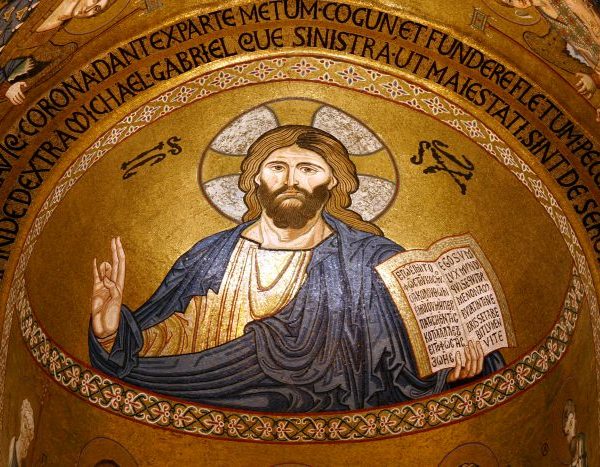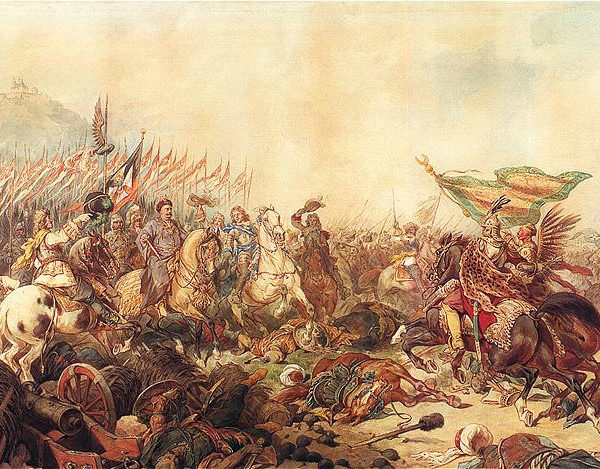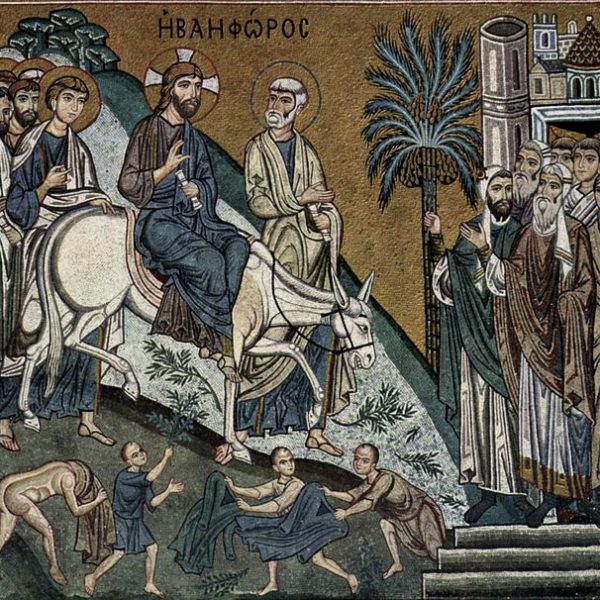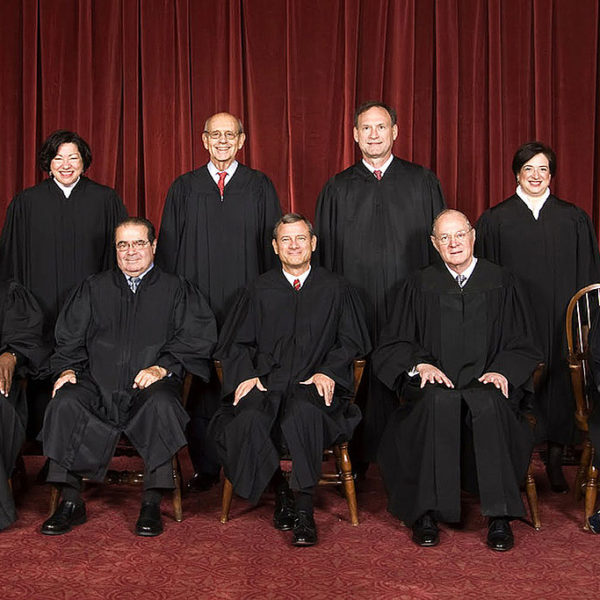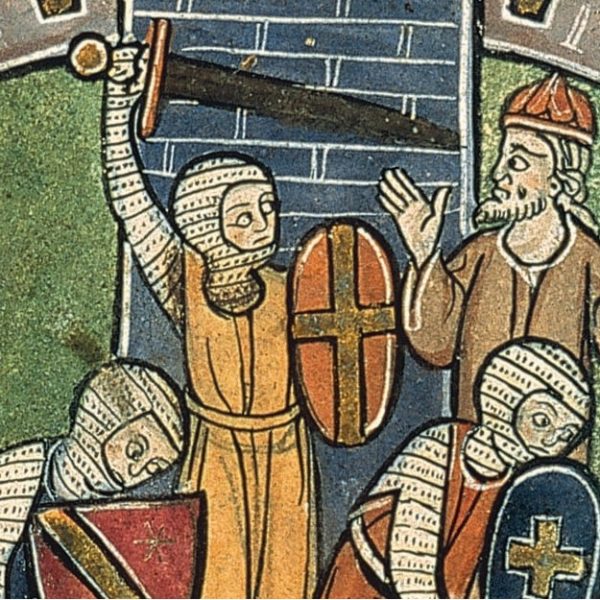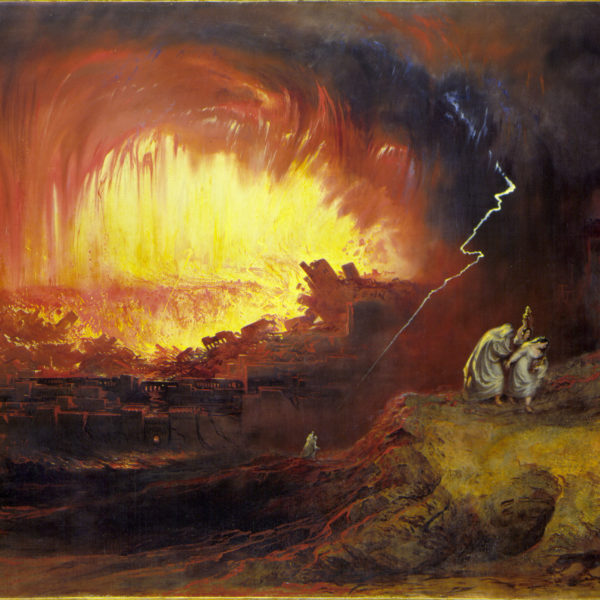
In the narrative of Abraham’s conversation with God concerning the destruction of Sodom we find an example of the faithful fulfilment of the calling of the people of God. We are to be those who seek to preserve the world from condemnation by our righteous and life-giving presence within it, tenaciously refusing to abandon it to its destruction.
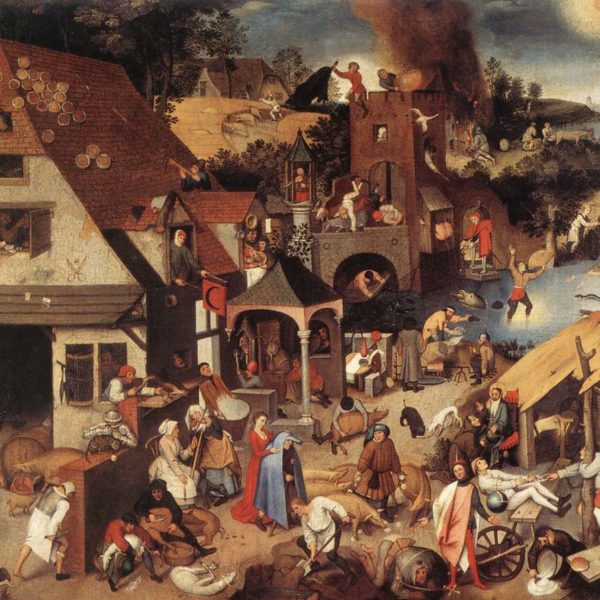
Proverbs presents a vision of political wisdom that calls for deep moral integrity of political actors, both in their most public and in their most private behavior. It offers an alternative to the cynical demoralization of contemporary entertainment-driven politics, with its celebration of permission and transgression.
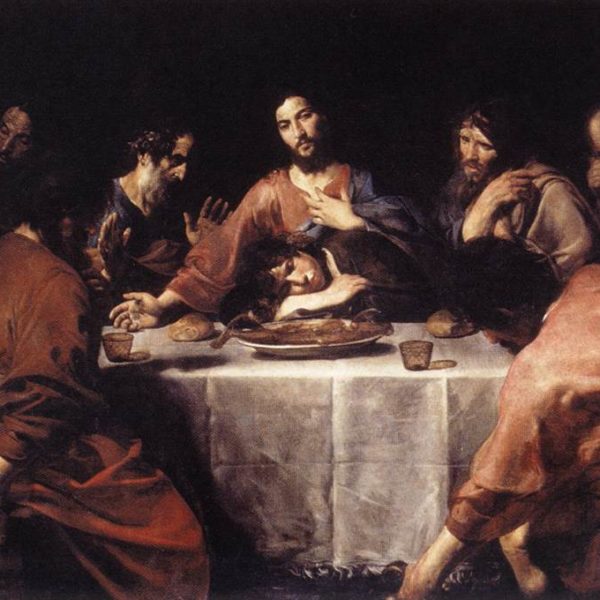
In maintaining a faithful Christian presence in the political realities of this age, few things are more important than living and acting in God’s good time, being people who find their life in the living memory of a sustaining past, who patiently wait in hope for a promised future, and who are kept in the present through faith in the daily mercies of One who is the same yesterday, today, and forever. Christ’s institution of a memorial helps us to do just this.
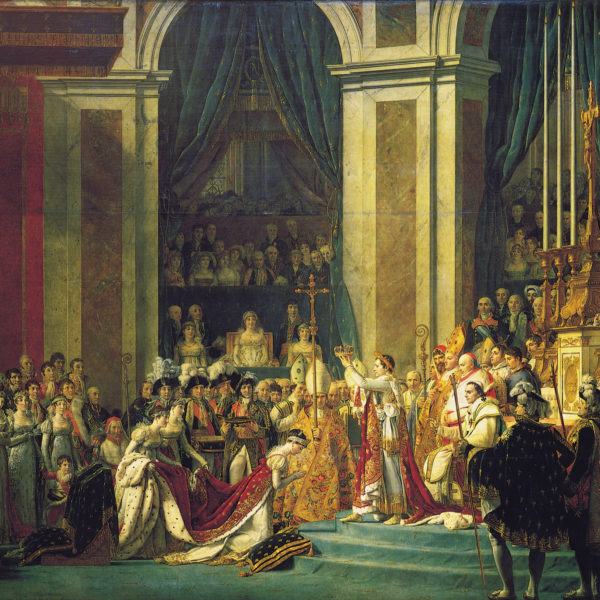
Spectacle has always played an important role in establishing power, authority, and sovereignty. In the unity of the dazzling body of the Transfiguration and the brutalized body of the crucifixion, the integrity of the spectacle and that which lies beneath is made known and our own polities’ lack of such integrity is challenged.
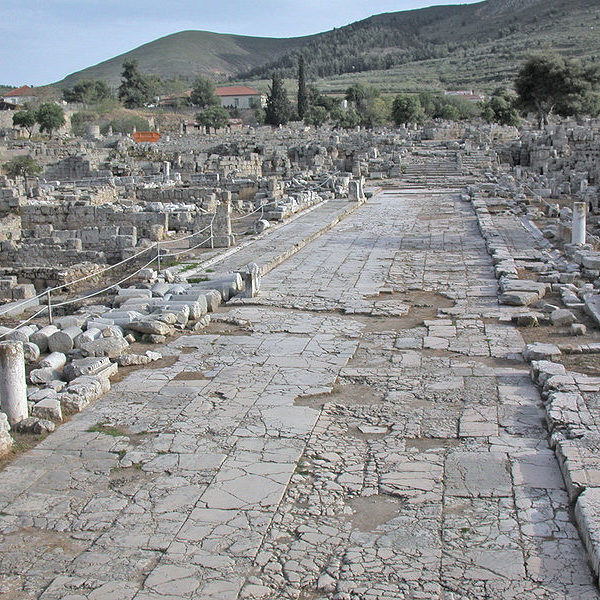
Paul’s argument that spiritual gifts are the manifestation of the one Gift of the Spirit, given for the service of the common good, provides a useful starting point for reflection upon the meaning of representation in society more generally. The ecclesiological vision of 1 Corinthians 12 resonates in challenging ways in our polarized political cultures, summoning us to new modes of engagement.
